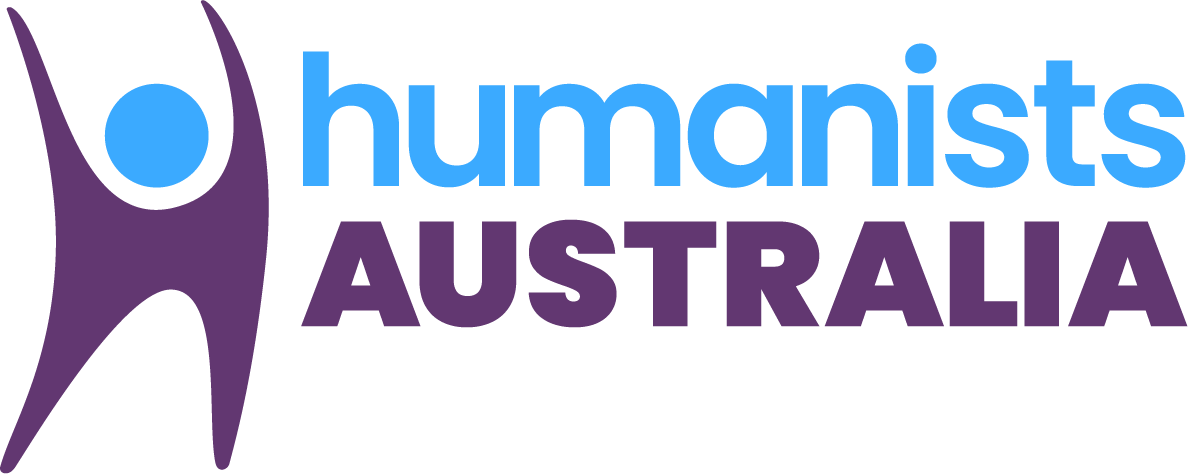AHOY 2021: Bruce Pascoe
Bruce was born in 1947 into a working class family. As he was growing up, his family did not tell him about his aboriginal heritage, but on hearing from an uncle that there may have been some indigenous ancestry he researched his family tree and discovered ancestors on both sides of his family, from the Palawa people of Tasmania, the Bunurong of Victoria (part of the Kulin nation), and the Yuin of southern New South Wales. Today he identifies as Koori.
He attended the University of Melbourne, then transferred to Melbourne State College where he graduated with a Bachelor of Education. He taught in Bairnsdale for nine years before beginning his career as an author.
He has published a collection of short stories, two novels, and three histories including Dark Emu and Young Dark Emu.
Bruce Pascoe has won a number of awards, including:
1999: Fellowship of Australian Writers - Australian Literature Award for Shark, joint winner (with David Foster)
2013: Prime Minister's Literary Award - Young Adult Fiction.
2013: The Deadlys - Published book of the year.
2016: NSW Premier's Literary Award for Dark Emu
2016: New South Wales Premier's Literary Awards - Indigenous Writers' Prize.
2018: Australia Council for the Arts - Lifetime Achievement Award.
In 2020 Bruce Pascoe was appointed Enterprise Professor in Indigenous Agriculture by the University of Melbourne.
Dark Emu is a gripping, moving, and carefully researched exploration of the systematic denigration of Aboriginal Australian’s technology, agriculture and culture. In it, Bruce provides evidence from the writings of the earliest European explorers that the Aboriginal inhabitants they encountered had permanent dwellings, used sustainable farming and fire management practices, and used complex systems of law and oral history to manage their societies.
While Dark Emu is controversial, in it Bruce’s humanism shines:
If the test of sophistication were whether or not all were fed regardless of rank, or whether all contributed to the spiritual and cultural health of the civilisation, Aboriginal Australia might have a much higher rank than some of the nations considered the hallmark of human evolution
The Grecian and Roman frescoes and ceramics feature war and torture as an element of dominion; but while individual acts of violence are depicted in Aboriginal art, there is no trace of imperial warfare. This absence demands respect, and the skills employed to bring about the longest lasting pan-continental stability that the world has known must be investigated, because they might become Australia’s greatest export.
An indication of how Aboriginal cultures emphasised peace and stability is reflected in a central explanation of Yuin culture on Gulaga Mountain, near Tilba Tilba… At a gallery of massive rock formations on the girdle of the mountain’s flank, you are asked to pause at the Healing rock and consider the welfare of the unborn child, the ill, the troubled, and then you are introduced to Nyaardi and Tunku, the first woman and man. Nyaardi is twice as tall as the mere male, Tunku…. Next we see the pregnant Nyaardi, and you are asked to gently place your hand on her belly; later, you see her carrying the child on her back, and you pass the three great stones of human existence: past, present and future… At this point, you leave the chapters of Yuin law and realise that you have not seen a weapon, nor heard one story of a vanquished foe, but instead are shown the centrality of women to human life and the respect that woman, the mother, must be shown.
As a white humanist reading Dark Emu, it is shocking to realise the extent to which the achievements of our indigenous people have been systematically denigrated by white colonists. While some have reacted by attacking Pascoe and his work, if Australians are ever to come together as a people and reach reconciliation it is critically important that we recognise the injustices in white Australia’s treatment of our first nations, and explore indigenous history, technology and culture with open minds and open hearts.
Humanists Australia encourages all Australians to read Dark Emu and Bruce Pascoe’s other works in that spirit.

